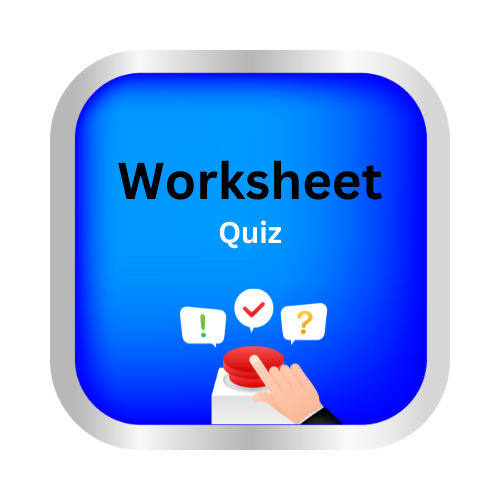Use the correct modal verb
Key Notes:
✨ Use the Correct Modal Verb ✨
👉 Modal verbs are helping verbs that show possibility, ability, permission, or necessity.
They are always followed by the base form of the main verb.
- Can 🏃 – shows ability or possibility
- Could 🤔 – past ability or polite request
- May 🙋 – permission or possibility
- Might 🌦 – small possibility
- Must ✅ – strong necessity or rule
- Shall 📢 – formal suggestion or future (with “I/We”)
- Should 👍 – advice or duty
- Will 🔮 – future certainty
- Would 🙌 – polite request or imaginary situation
- Can – I can swim. 🏊 (ability)
- Could – She could sing well when she was young. 🎶 (past ability)
- May – You may enter the class. 🚪 (permission)
- Might – It might rain today. 🌧 (possibility)
- Must – Students must wear uniforms. 👕 (rule/necessity)
- Shall – I shall help you with homework. 📖 (promise)
- Should – You should eat fruits daily. 🍎 (advice)
- Will – He will play cricket tomorrow. 🏏 (future action)
- Would – Would you like some tea? ☕ (polite offer)
- ✨ Modal verbs never change form (no -s, -ed, -ing).
- ✨ Always followed by the base verb. (e.g., must go, can run, not must goes ❌).
- ✨ They add meaning, not tense.
| 🎯 Quick Practice: Fill with the correct modal verb! |
- You ___ eat healthy food every day. 🍇
- It ___ snow tomorrow. ❄️
- He ___ play football when he was 10. ⚽
- Students ___ not use phones in class. 📵
- ___ I borrow your pencil? ✏️
Let’s practice!🖊️

